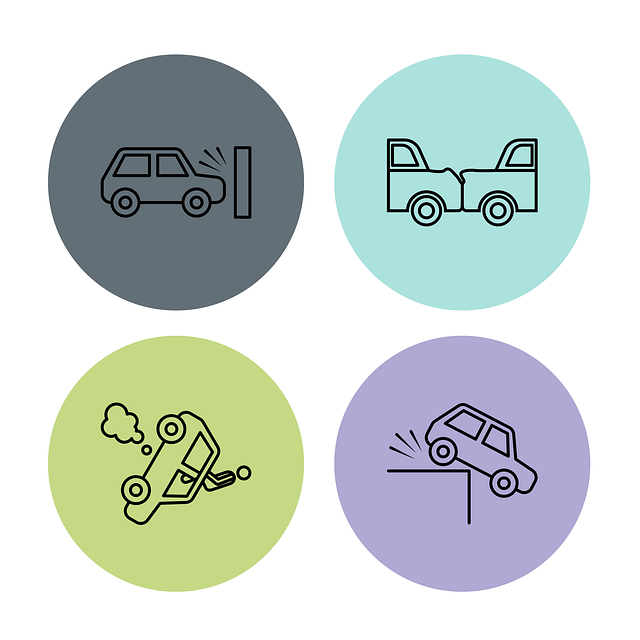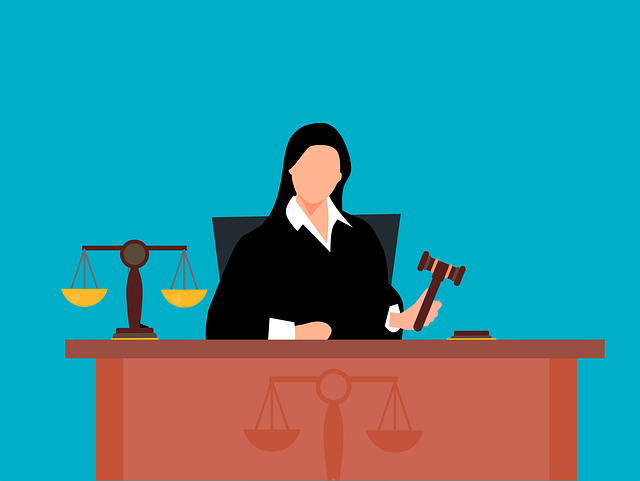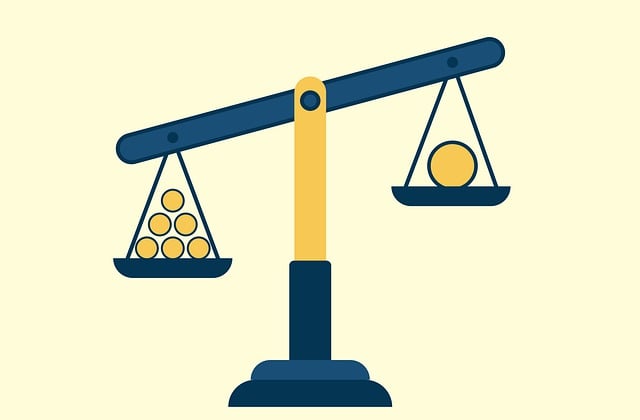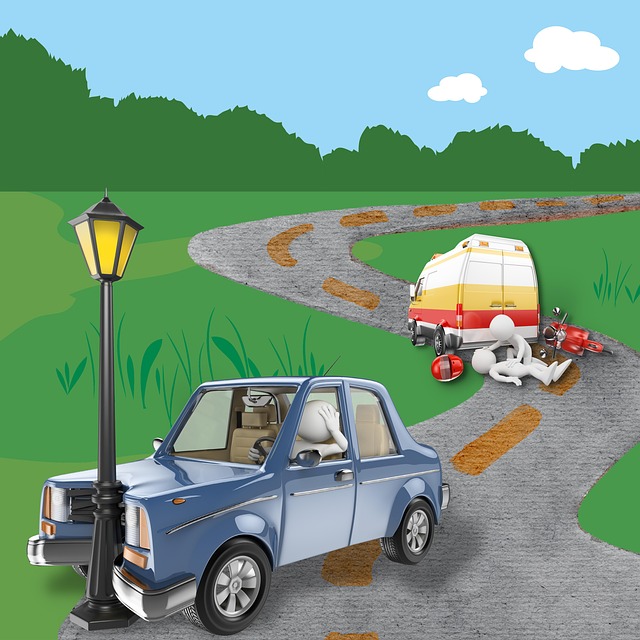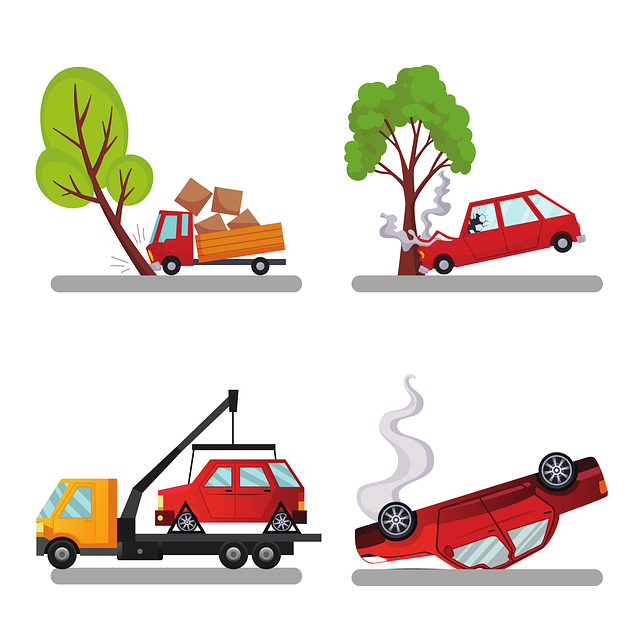Store slip and fall accidents are common legal issues requiring meticulous evidence collection. To win, plaintiffs must prove the owner's knowledge of hazardous conditions through security footage, witness statements, and expert opinions. Key evidence includes photos, medical records, and expert testimony setting industry standards. A strategic approach involves gathering detailed documentation, reviewing store policies and safety protocols, and consulting a specialized lawyer to explore compensation for medical expenses, lost wages, pain and suffering, and punitive damages.
Proving negligence in a store slip and fall case requires a strategic approach. In this article, we’ll guide you through the process of understanding and navigating these legal scenarios. First, we explore the fundamentals of store slip and fall cases, delving into real-world examples to grasp their impact. Next, we provide actionable steps for gathering crucial evidence and identifying negligence. We then outline legal strategies, highlighting key aspects to build a compelling case. By following these insights, individuals can effectively navigate store slip and fall litigation.
- Understanding Store Slip and Fall Cases
- Gathering Evidence to Prove Negligence
- Building a Strong Case: Legal Steps and Strategies
Understanding Store Slip and Fall Cases
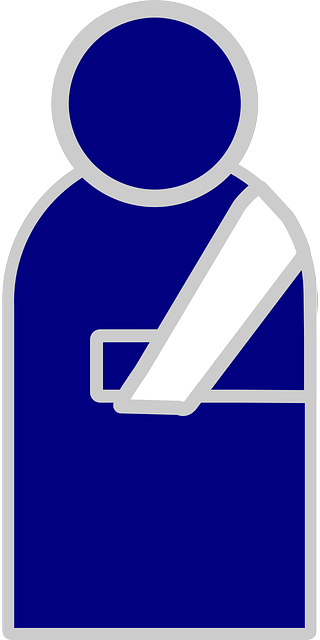
Slip and fall accidents in stores or retail spaces are common legal issues that often lead to commercial disputes. When a customer sustains injuries due to a slip, fall, or trip on a store’s premises, it can be challenging to prove negligence. These cases require careful investigation and understanding of the circumstances leading up to the incident.
In many jurisdictions, the plaintiff (the person who suffered the injury) must demonstrate that the store owner or manager had actual or constructive knowledge of the hazardous condition that caused the fall. Constructive knowledge refers to situations where a reasonable inspection would have revealed the danger. Proving negligence in slip and fall incidents is about showing that the store failed to maintain a safe environment, often through inadequate cleaning, poor lighting, or improper maintenance, leading to an avoidable accident. This process involves gathering evidence, such as security footage, witness statements, and expert opinions, to build a compelling case for compensation for injuries sustained in these store slip and fall incidents.
Gathering Evidence to Prove Negligence
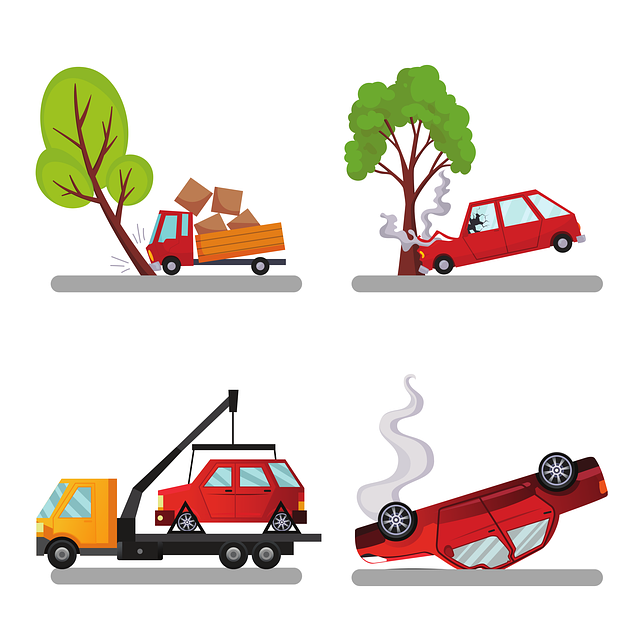
Proving negligence in a store slip and fall case requires thorough gathering of evidence to establish that the defendant had a duty to maintain a safe environment, breached that duty, and directly caused the plaintiff’s injuries. Key pieces of evidence include photographs of the accident scene capturing any visible hazards, security footage reviewing the moments leading up to the fall, and witness statements providing an unbiased account of events. Medical records are also crucial, detailing the extent of injuries and treatments received, which can help quantify damages.
Additionally, in certain cases involving complex scenarios like medical malpractice or nursing home abuse (similar but distinct from store slip and falls), expert testimony might be required to explain industry standards and assess whether they were met. This involves consulting specialists who can provide insights into the level of care expected and whether it was compromised, helping to strengthen the negligence case.
Building a Strong Case: Legal Steps and Strategies
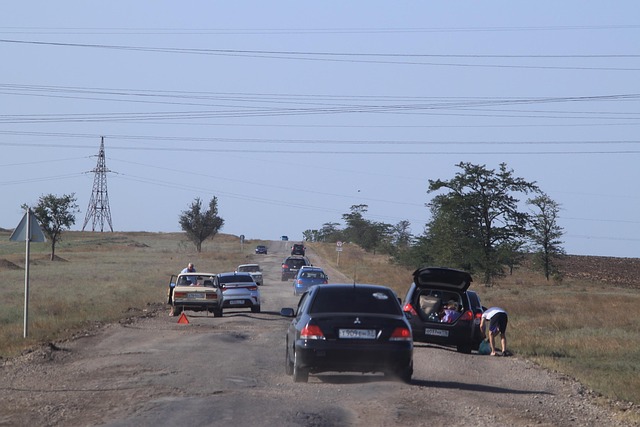
Proving negligence in a store slip and fall case requires a systematic approach and legal strategies tailored to such incidents. The first step is to gather comprehensive evidence, including detailed accounts of the accident, photos of the hazardous condition that caused the fall, and medical records documenting injuries. Testimonials from witnesses can also significantly strengthen your case by providing an independent perspective of what transpired.
Legal options and strategies involve reviewing store policies, safety protocols, and relevant laws governing premises liability. Consulting with a lawyer specializing in personal injury, particularly those with expertise in slip and fall cases, is crucial. They will guide you through the process, ensuring compliance with legal deadlines for filing claims and statutes of limitations. Understanding potential compensation for medical expenses, lost wages, pain and suffering, and even punitive damages can help settle or litigate for accident settlements that reflect the severity of the store slip and fall incident.
Proving negligence in a store slip and fall incident requires a systematic approach. By understanding the legal nuances of such cases, gathering compelling evidence, and employing strategic legal tactics, individuals can build a strong case. Key steps include documenting the accident scene, collecting witness statements, and preserving relevant footage. Additionally, establishing the store’s knowledge or lack thereof regarding the hazardous condition is crucial. With meticulous preparation and a solid understanding of store slip and fall litigation, victims can secure justice and fair compensation for their injuries.
